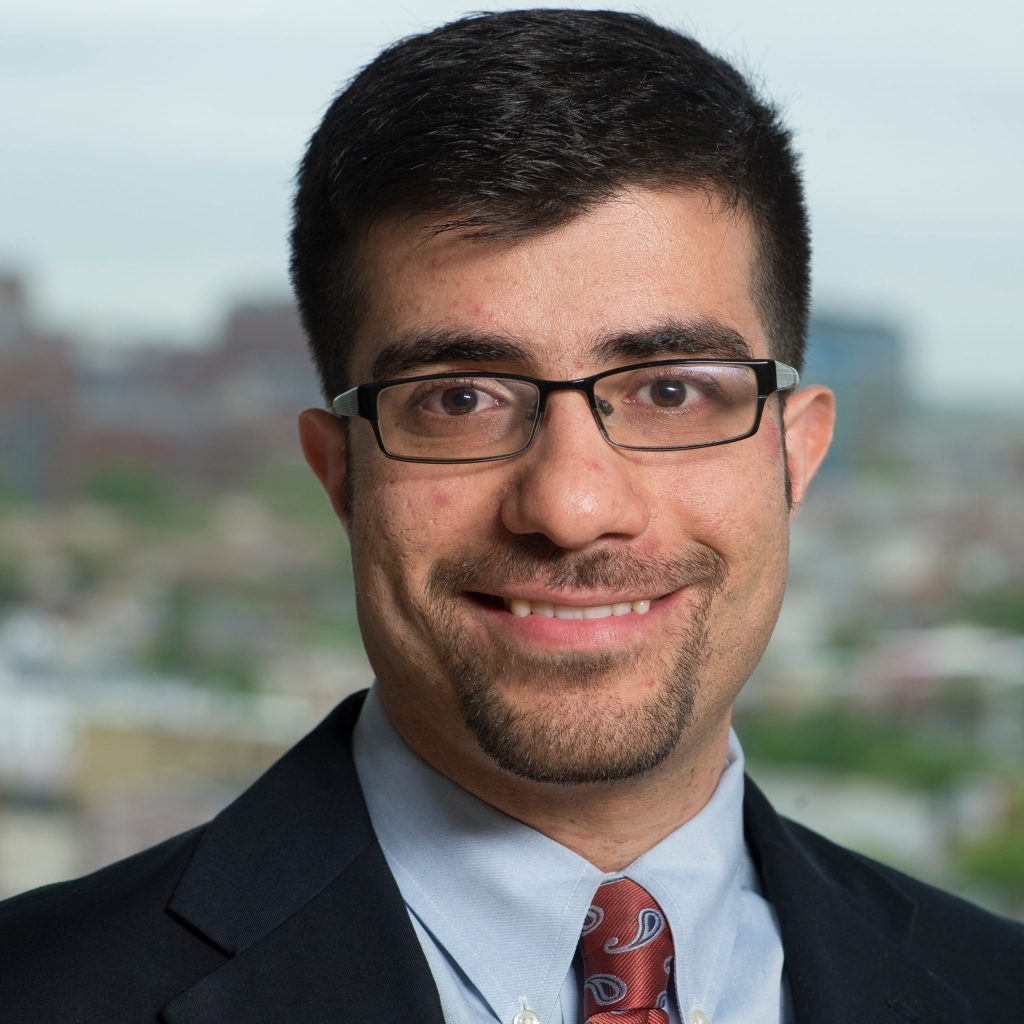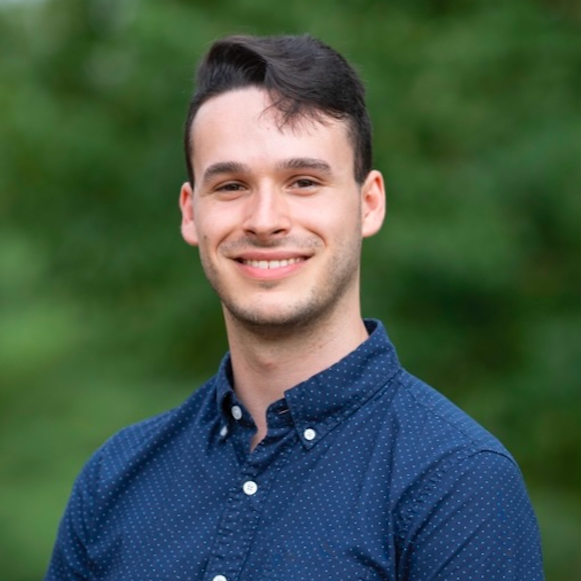
Jesse Boggis, MPH
I am a PhD student and NIH T-32 predoctoral trainee at the Center for Technology and Behavioral Health (CTBH). I have a Master’s in Public Health degree from Boston University and most recently managed a NIH-funded multi-site randomized clinical trial aimed to enhance access to naloxone, syringes, and buprenorphine. At CTBH, I am mentored by Dr. Lisa Marsch and contribute towards The Northeast Node of the National Drug Abuse Treatment Clinical Trials Network. My research will examine overdose risk and access to medications for opioid use disorder for people who use opioids. I am interested in utilizing community-based participatory approaches to mixed methods research design. Outside of the office, you can find me at a local syringe service program, in the woods with my dog, or traveling abroad.

Sukriti Ghosh, BS
Sukriti Ghosh is a PhD student in the Quantitative Biomedical Sciences(QBS) program at Dartmouth. Receiving her Bachelor of Science in Bioengineering from the University of Maryland and completing a minor in Neuroscience, she has conducted Bioengineering research at various institutions such as UMD, the Food and Drug Administration (FDA), and New York University’s (NYU) Tech4Health Institute(T4H) and Neural Interface Engineering Lab (NIEL). Her engineering background has allowed her to gain skills in imaging and microscopy, medical devices, and virtual reality gaming and eye-tracking. Through these diverse research endeavors, she developed an interest in data science and computational techniques as well as psychiatry and mental healthcare. At QBS, she has found the combination of these interests in the Jacobson Lab and is particularly interested in learning and contributing to the digital mental health field more through her PhD. She ultimately hopes to apply machine learning and deep learning techniques to develop solutions in preventative and diagnostic mental healthcare.

Salar Khaleghzadegan, MPP (Affiliated Trainee)
Salar Khaleghzadegan is a PhD student at The Dartmouth Institute for Health Policy and Clinical Practice. He completed his Master of Public Policy degree with a concentration in health policy at the University of Maryland Baltimore County School of Public Policy. Prior to starting at Dartmouth, he was a Research Data Analyst at the Armstrong Institute for Patient Safety and Quality at Johns Hopkins University School of Medicine. At Hopkins, he worked on numerous projects that primarily investigated the role of leadership, teamwork, and communication in the coordination of safe and high-quality care. One of his primary interests is exploring the intersection of health services research and computational precision health, where novel data sources (e.g. unobtrusive data, sensor-based data) and analysis approaches (e.g. quantitative text analysis approaches like natural language processing) are used to better inform learning health systems of the current status of health care delivery and to find innovative solutions for improving patient care and outcomes. One specific line of research he is especially interested in is studying the quality of conversations between patients and providers through the use of quantitative text analysis measures such as linguistic style matching. Ultimately, he is interested in exploring whether this method can provide a scalable approach for assessing communication quality during clinical interactions. In his free time, he likes to cook and enjoys gardening.
